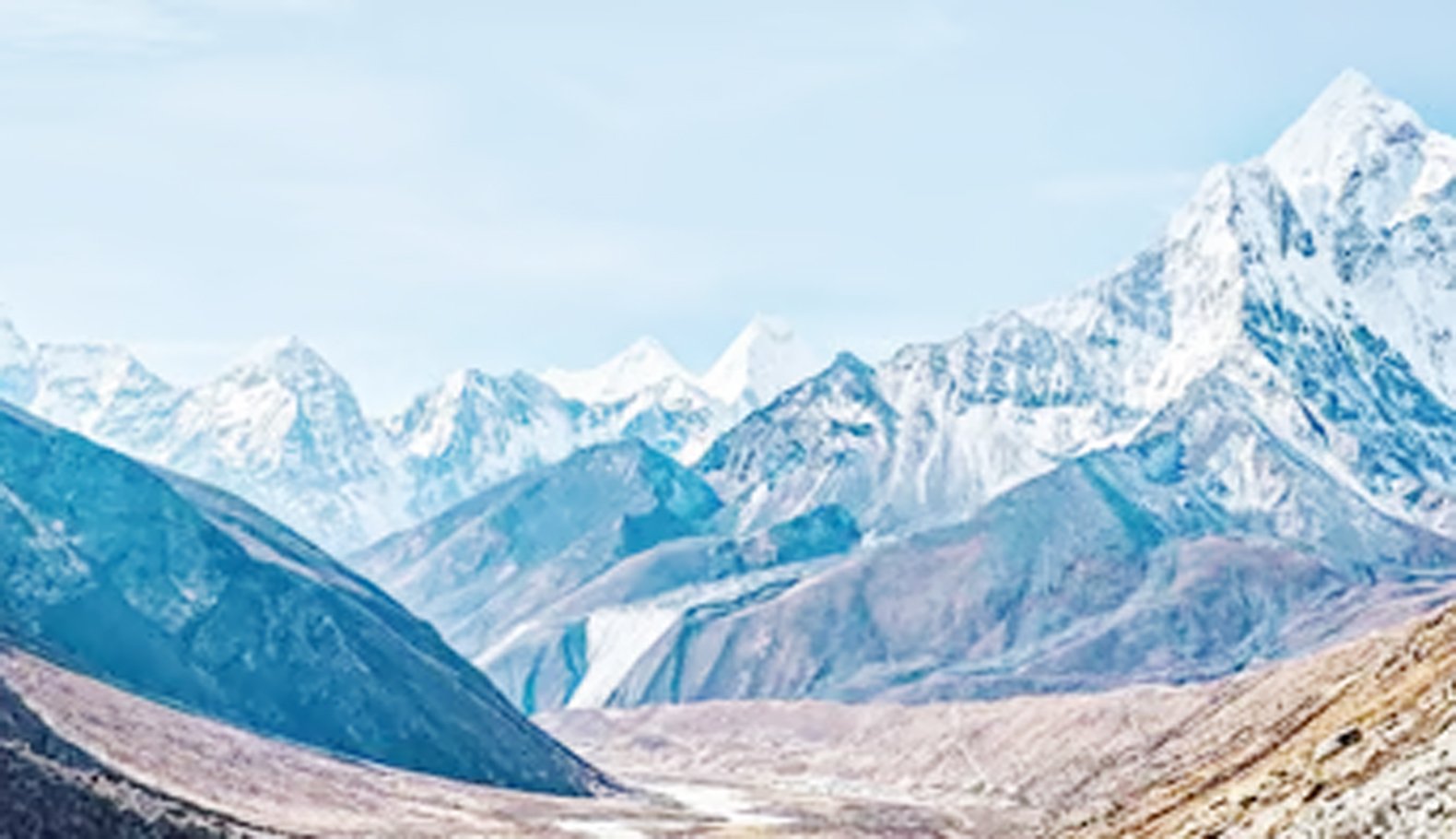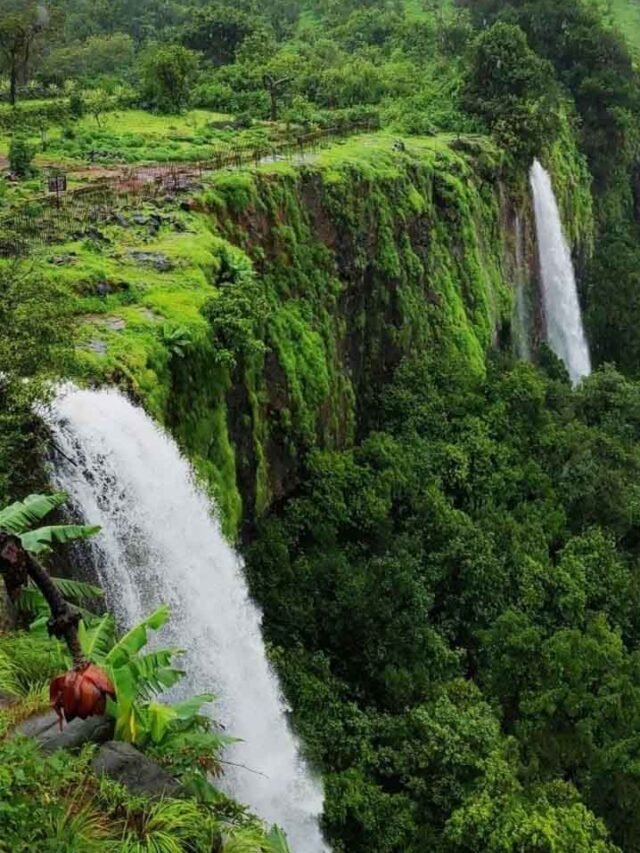NEW DELHI, May 17: Eighty-five per cent of people surveyed in India say they are already experiencing the effects of climate change, and more than a third of them have either already moved or considered moving because of extreme weather events such as severe heat, droughts and floods.
Ninety-one per cent of 2,178 adults surveyed between September 5 and November 1 last year by the Yale Program on Climate Change Communication and CVoter are “worried about global warming”.
Eighty-five per cent of the people said they are already experiencing the effects of climate change.
Thirty-eight per cent had to go without enough clean drinking water for at least one day in the past year and 72 per cent experience electricity disruptions on a typical day.
Thirty-four per cent of the respondents said they have either already moved or considered moving because of extreme weather events such as severe heat, droughts, floods or others.
According to a report by the Geneva-based Internal Displacement Monitoring Centre, weather-related disasters triggered over half a million (above five lakh) internal displacements in India in 2023 and around 2.5 million (25 lakh) in 2022.
Severe heat waves have impacted a large number of people in parts of India for three years in a row, affecting health, water availability, agriculture, power generation and other sectors of the economy.
Deadly floods left a trail of destruction in the Himalayan states of Himachal Pradesh and Uttarakhand last year. A glacial lake outburst flood in Sikkim in October led to the collapse of a hydroelectric dam, killed more than 100 people, and affected more than 88,000.
According to the Yale Program on Climate Change Communication-CVoter survey, more than 70 per cent of people think global warming affects weather in their local areas and monsoons in India but only 64 per cent usually receive warnings ahead of an extreme weather event.
While 86 per cent of the respondents favour India’s commitment to achieving net-zero carbon emissions by 2070, 78 per cent say the government should be doing more to address global warming.
Sixty-one per cent think India should augment the use of renewable energy while only 14 per cent think the country should expand the use of fossil fuels.
India accounts for nearly 18 per cent of the global population but uses only 6 per cent of the world’s primary energy, according to the International Energy Agency.
However, due to its large population, India is currently the third-largest greenhouse gas emitter behind China and the US.
Research shows India is among the countries most vulnerable to climate impacts. Climate change has already begun to alter growing seasons in the country and, with around 50 per cent of its population engaged in agriculture and other climate-sensitive sectors, the damage to productivity and health is significant.
According to the independent think tank Council on Energy, Environment and Water, more than 80 per cent of the Indian population lives in districts highly vulnerable to extreme weather events.
It is projected that 148.3 million (14.83 crore) people in India will be living in severe climate hotspots by 2050. (PTI)












